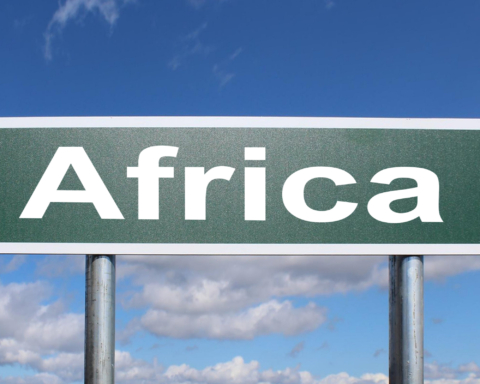The news about the French government’s decision to impose a minimum charge of EUR 3 for shipping books purchased at a distance has led to quite a stir.
The measure, in force since October 7th, designed to try to protect traditional bookshops from competition from Amazon and other e-commerce platforms, opens up a number of questions that go beyond the law’s intent, which is to encourage readers to buy more from bookshops. Furthermore, it is not just a war being waged against the e-commerce giants Daniele Testi is convinced.
According to the President of SOS LOGistica (Association for Sustainable Logistics), former marketing director at Contship and the Grendi Group, and director of the boutique consulting firm specializing in marketing and sustainability, Piano 23, Paris’ decision is a choice that needs to be carefully considered: “The e-commerce industry has always tried to work on the idea of not charging the final consumer for shipping costs,” he says.
“The biggest mistake is not making the final consumer aware that transport is not simply a cost but a valuable asset in the logistics chain.” he adds, recalling how, during the pandemic period, we all understood what it meant to be able to get the goods to the designated destination and on time: “While we were locked up at home, ships, trains, planes and trucks continued to travel, allowing us to get basic necessities and to continue living. Fortunately, Covid days are now behind us. We have shelved our negative experiences but also all the good that logistics did for us.”
The manager blames the e-commerce giants, mainly for having turned transport, logistics, into a marketing lever: “Amazon and others now have the power to compress transport costs to an unsustainable extent.” They are able to generate huge cargo volumes and therefore have enormous bargaining power when it comes to allocating their goods to the logistics system. In times such as these, when consumption is down and the pressure of inflation is high, the logistics industry is forced to bow down to constant demands from customers to reduce transport costs, often when they fail to even motivate them. I am not aware that motorway tolls are cheaper, that infrastructure has greater capacity, or that petrol costs less than before the pandemic.”
The result is there for all to see: “In order to survive, transport companies find themselves forced to offer their services at ever lower prices, recovering profit margins on other factors, such as the sometimes-illegal reduction of personnel costs, or the search for tax loopholes.
The final consumer does not see this: “The customer is given the guarantee that the goods will be delivered free-of-charge and as quickly as possible. That’s enough. All the processes behind the logistics, the efforts to reach the required target, are trivialized. The complexity of the whole thing is basically eliminated and the final customer cannot even imagine what difference there is these days between buying one book and receiving it at home the next day and buying ten and receiving them a week later.”
From this point of view, the French government’s choice has, according to Testi, the unquestionable merit of redistributing transport costs along the logistics chain: “When we read free- shipping on an e-commerce site or on some large-scale retail chain promotion, it’s false. The cost of delivery is spread by the company throughout the logistics chain and it is being squeezed to the limit, to the detriment also of the logistics operators themselves who, as we have seen, have no bargaining power. In this way, e-commerce platforms unfairly compete with booksellers who use different channels and have to pay 3-5-10 euros to get the books they need to sell.”
By taking legislative measures, the French lawmaker has attempted to explain that shipping, transport, etc. are not just cost factors but part of the value of the book that the consumer is going to buy. As SOS Logistics, we have been saying for years that logistics expresses value and that this value must be included in the overall cost of a product.
Instead, we are living in a world where things have to cost less and less. However, we should realize that everything that we think costs less is actually an external cost item borne by the community budget.
Mr, Testi invites Italy to follow the French example: “I would like our government to be more courageous on these issues and not follow populism. In our country we are often afraid to intervene normatively on ongoing processes because someone is always opposed to changing the status quo. France has indicated a possible route. Will we be able t0 follow it or find an even more effective one?”
Translation by Giles Foster




